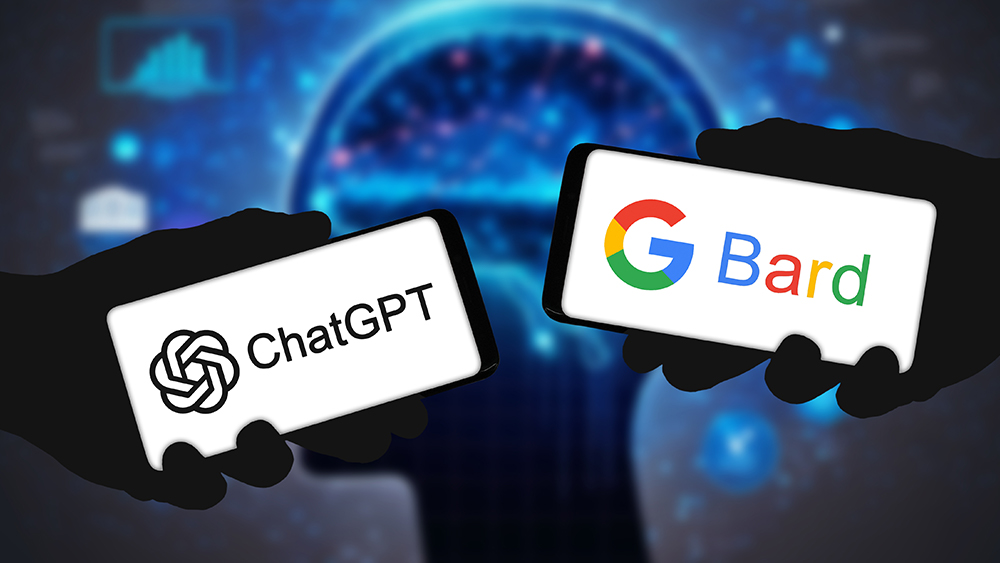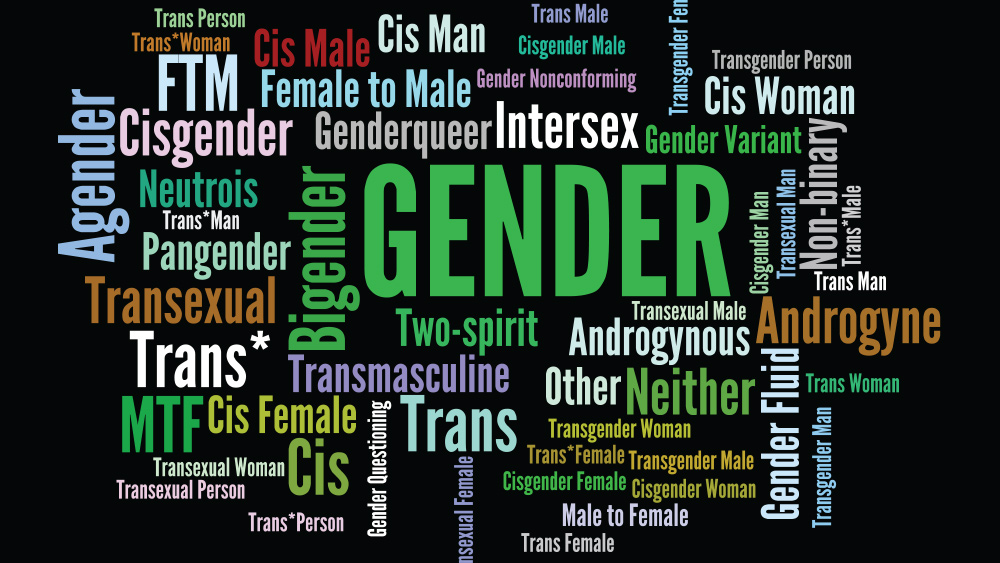Google plans to charge users for new “premium” search features powered by AI
04/08/2024 / By Ava Grace

Google is planning to charge users for new “premium” features run by artificial intelligence (AI), marking the first time that the Big Tech company would be putting services behind a paywall.
The tech giant is mulling options such as adding certain AI search features to its premium subscription services. Engineers are developing the technology to roll out the service, but company executives haven’t decided when to launch the proposal. But early reports indicate that Google’s ubiquitous search engine would continue to be free and ads would appear alongside search results even to subscribers.
“For years we’ve been reinventing Search to help people access information in the way that’s most natural to them,” said one Google spokesperson. “With our generative AI experiments in Search, we’ve already served billions of queries and we’re seeing positive Search query growth in all our major markets.”
“We’re continuing to rapidly improve the product to serve new user needs,” the spokesperson continued. “We’re not working on or considering an ad-free search experience. As we’ve done many times before, we’ll continue to build new premium capabilities and services to enhance our subscription offerings across Google.” (Related: Apple starts to embrace artificial intelligence, installs AI-powered features in iPhones.)
Google’s AI push part of effort to compete with other tech firms embracing AI
Google, which invented the foundational technology for today’s AI boom, is also locked in battle with two industry players that have captured the business world’s attention – ChatGPT creator OpenAI and its backer Microsoft.
Ever since OpenAI launched ChatGPT in late 2022, Google has found itself on the defensive in the face of the wildly popular chatbot. ChatGPT’s ability to give answers to queries in a narrative voice has forced Google to rethink its traditional list of blue links to websites and the lucrative ads that appear alongside them.
For Google, charging for certain AI search features could help the company shake loose some additional revenue without cannibalizing the core of its search ad business.
“Given OpenAI has reached a subscription run-rate of $2 billion with consumer subscriptions, we believe Alphabet [Google’s parent company] could see a similar boost to its $15 billion subscription sales,” said Mandeep Singh, an analyst for Bloomberg Intelligence.
Meanwhile, a new crop of AI startups has emerged in recent years. Some have tried to persuade users to sign up for paid subscriptions to access generative AI search features, or for better privacy protections.
Last year, Google began testing its AI-powered search service that combines a personalized, detailed narrative in addition to links to websites and advertising. However, it has been slow to incorporate features from its experimental “search generative experience” to the main search engine.
In February, Google added a new paid tier to its consumer subscription service that gives people access to its latest AI model, Gemini. Users who pay for that subscription, called Google One AI Premium, can use its advanced Gemini chatbot and access the generative AI model in popular services such as Gmail and Google Docs.
Using generative AI technology to power search queries is “eye-wateringly” expensive, said one former Google employee, who worked on the company’s search products. Teams regularly ran benchmark tests on random queries internally to measure how quickly Google’s search engine could deliver results — but they didn’t run the same tests for Google’s AI-powered search product in part because it was so costly, the former staffer said.
In the wake of ChatGPT’s appearance, Google has reoriented its search teams to deploy more people to work on the experimental AI-powered experience, according to another former Google employee. While early feedback was positive, the high cost likely factored into the decision not to roll it out more widely, the person said.
Watch as AI expert Titus Blair discusses how AI could take over more and more tech jobs in the coming years.
This video is from the channel The New American on Brighteon.com.
More related stories:
AI and genetic engineering could trigger a “super-pandemic,” warns AI expert.
U.S., Canadian AI companies COLLABORATE with Chinese experts to shape international AI policy.
NSA launches AI security center to protect the U.S. from AI-powered cyberattacks.
Sources include:
Submit a correction >>
Tagged Under:
AI, alphabet, artificial intelligence, Big Tech, ChatGPT, computing, conspiracy, corporations, cyber war, future science, future tech, generative AI, Glitch, Google, google search, information technology, inventions, Microsoft, OpenAI, robotics, robots, search engine, tech giants, technocrats, technology
This article may contain statements that reflect the opinion of the author
RECENT NEWS & ARTICLES
COPYRIGHT © 2017 CONSPIRACY NEWS




















